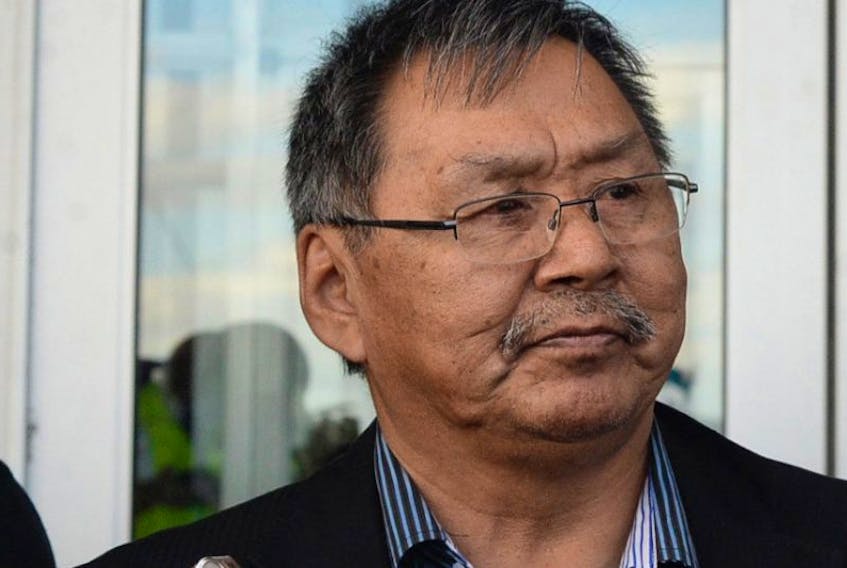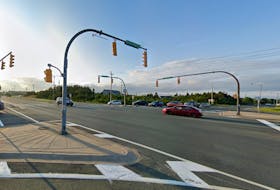ST. JOHN'S, N.L. — Nunatsiavut President Johannes Lampe says if the handling of his government’s concern over methylmercury contamination at the Muskrat Falls reservoir “is what reconciliation is all about, then we want no part of it.”
The Indigenous government issued a scathing statement on Thursday, criticizing the provincial government and Premier Dwight Ball for not addressing Nunatsiavut’s concerns.
In the statement, Lampe gives a history of the events leading to the present day.
Lampe says the 11-hour meeting held on Oct. 25, 2016 was prompted by the “Make Muskrat Right” campaign. The meeting resulted in a commitment to establish the Independent Experts Advisory Committee (IEAC), which involved representatives of Nunatsiavut, Innu Nation, NunatuKavut Community Council and the federal, provincial, and municipal governments to study and address issues around the Muskrat Falls project for Indigenous peoples.
Nunatsiavut says five of the seven recommendations of the committee were not properly addressed.
One of those recommendations was to cap the wetlands at the Muskrat Falls reservoir, which was agreed to by all members of the panel.
In July, it was revealed that a permit was amended to allow Nalcor Energy to conduct $30 million in wetland capping in the area of the reservoir, but the provincial government did not act on the amendment in time to allow wetland capping to take place.
Lampe suggests running out the clock on wetland capping was intentional – a direct contradiction of what Premier Dwight Ball told the Muskrat Falls Inquiry in July.
“The Nunatsiavut Government firmly believes that the lack of response to the IEAC’s recommendations was intentional – essentially delaying a decision to guarantee no time would be left to ensure certain mitigation measures could be carried out prior to impoundment,” reads the statement.
"This is unacceptable and very disappointing, as the Government of Newfoundland and Labrador has prioritized its point of view, disregarded independent peer-reviewed science and placed the health and well-being of Labrador Inuit at risk.”
Because of the missed deadline, Nunatsiavut says, Nalcor CEO Stan Marshall informed them on June 26 that the $30 million allotted for wetland capping would instead go to the three Indigenous governments that were part of the IEAC. Nunatsiavut is the only Indigenous government that rejected the money.
“We have said all along that compensation is not a form of mitigation. We advised Mr. Marshall, as well as the premier, that offering Labrador’s three Indigenous groups a share of this $30 million would be perceived as a form of compensation, or 'hush money,'” wrote Lampe.
“We remain adamant this money should have been used for what it was intended – to cap wetlands.”
Ball was unavailable for comment on Thursday, but has said early monitoring of methylmercury levels at the Muskrat Falls reservoir does not show the increases predicted by the Harvard report commissioned by Nunatsiavut.
An extensive array of methylmercury monitoring stations have been set up within the reservoir and downstream.
Should those monitors show an increase of methylmercury to a dangerous level, consumption advisories will be issued to the local community specifying whether certain country foods are safe to consume.









